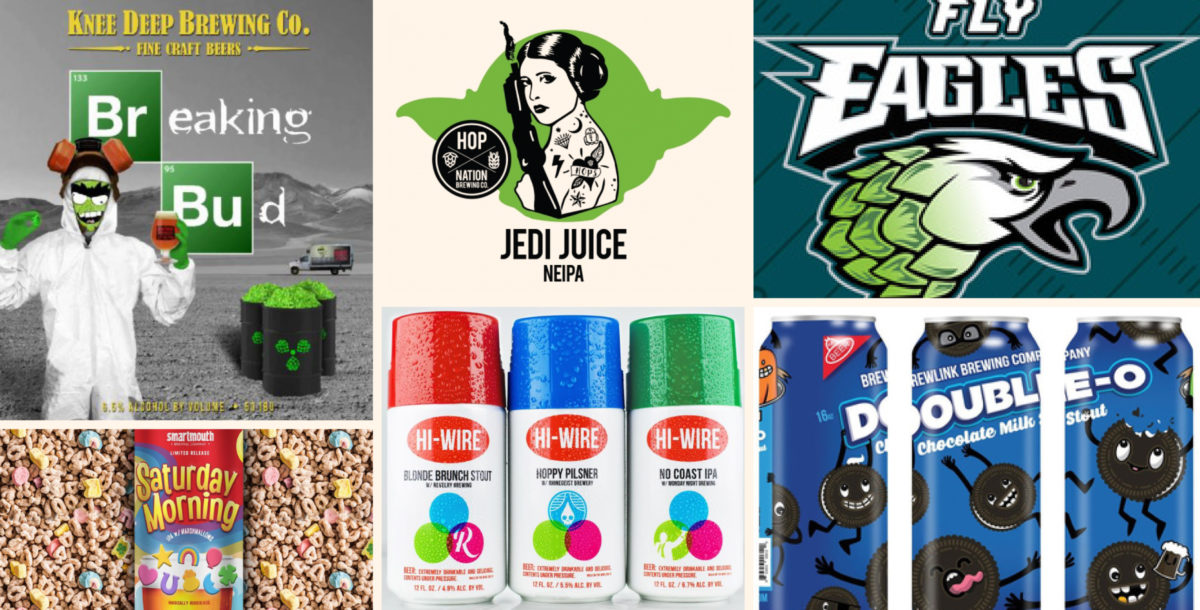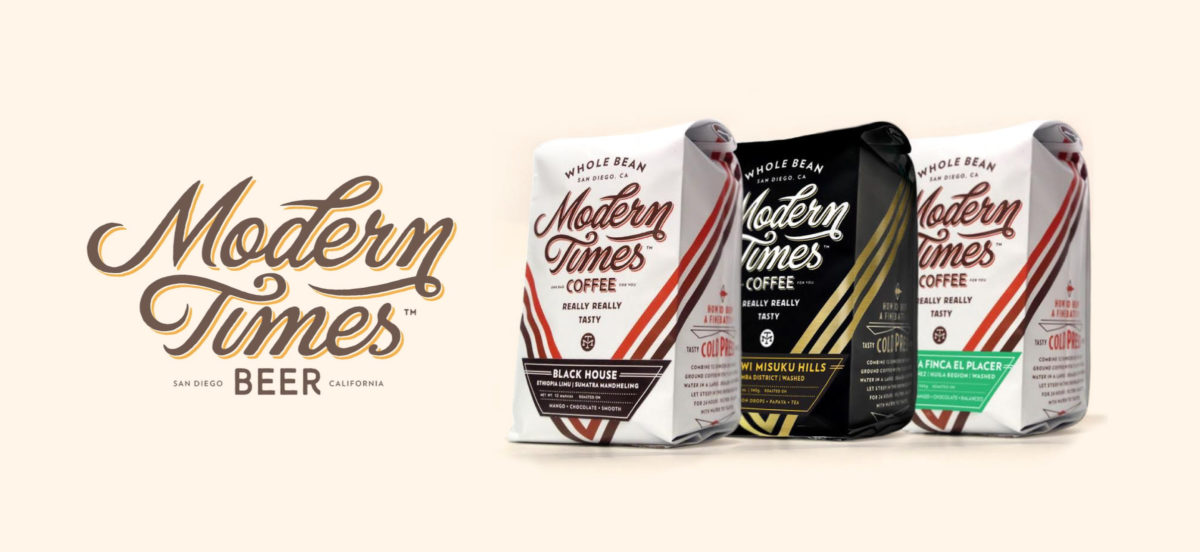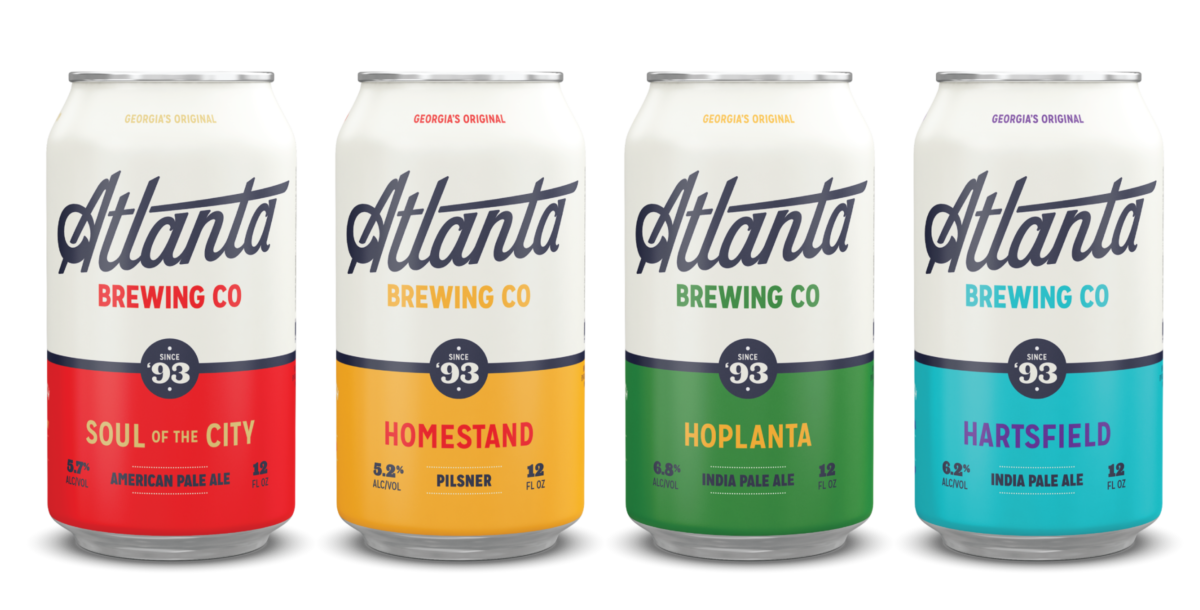QUESTION 2:
What happens when a brewery uses a name that turns out to be registered by a brewery in another region? Or, what happens if neither brewery has registered the name, but are still using it?
Alesha: There are a number of issues that could arise if a brewery uses a name that turns out to be registered by another brewery in another region. Determining which brewery was the first to use the name in connection with a particular good or service, will typically determine which brewery has priority to use the mark and the geographic scope of that use. For example, if a California brewery is the first to use (but does not federally register) a unique beer name in a specific geographic location, and a New York brewery later uses and receives a federal trademark registration for the same beer name, the California brewery typically will have priority rights to use the unique beer name in the specific geographic location in which it used the mark prior to the date on which the New York brewery filed its trademark application. If, on the other hand, the California brewery did not use the unique beer name until after the New York brewery filed its trademark application, the New York brewery will typically have senior rights to use the mark nationwide, subject to a few exceptions.
If neither brewery has registered the unique beer name, but both are still using the name in their respective territories, the breweries typically will have priority rights to use the unregistered beer names in their specific respective territories. If those territories overlap, an analysis must be undertaken to determine which brewery was the first to use the mark in commerce in the overlapping territories.
Isaac: We insist our brewery clients knockout search any names that will end up in packaging. Plan for every beer you brew to be wildly successful and cross state lines and be seen by the world. Federally trademark your brewery name, flagship names, and any other events, podcasts, etc. There are too many breweries making too much beer to be lazy about this anymore.
QUESTION 3:
Brewery brand extensions are on the rise (seltzer, cold brew coffee, kombucha, CBD-infused beverages)—can you speak to the branding and legal considerations for using your brewery’s name in one category versus another?
Alesha: From a legal standpoint, when a brewery is contemplating extending its brand to other products and/or service lines, it is often important to undertake a trademark clearance search in an effort to determine whether the brewery’s existing or new trademarks are available for use and/or registration in connection with the new product and/or service lines. One cannot assume that just because a trademark is available for use in connection with beer, it is also available when used in connection with cold brew coffee. In addition, breweries should police their trademarks against unauthorized and/or confusingly similar uses, which can become difficult to monitor as their product offerings expand. It may be helpful to enlist the services of a third party to assist in monitoring unauthorized and/or confusingly similar uses of the expanded product and/or service lines.
Isaac: A couple quick definitions: a Brand Extension occurs when an existing brand launches a product into an entirely new category under a similar or same name (brewery opening a distilling company, for example). You’ve won over customers with a great product and killer service… Why not cash in on all that goodwill and ask them to try something new that carries the same promise of value?
A Line Extension is where a company lends an established, brand-specific name to another product within the same category (“Popular Flagship” IPA begets “Popular Flagship” Grapefruit IPA begets “Popular Flagship” Milkshake IPA, etc.).
When you’re considering an extension, you need to consider your broader brand architecture to see if what you’re thinking about adding the mix will fit in and effectively supplement your parent brand, or if it will dilute or perhaps even cannibalize your overall brand. Beyond this, you need to consider if it makes sense strategically to add your name to another category. Example: A brewery making kombucha or cold brew coffee sounds fair. If you can make great beer, those other two don’t seem too far out of left field. But can your brewery come out with its own line of sunscreen? Probably not (unless you’re beach themed?).




